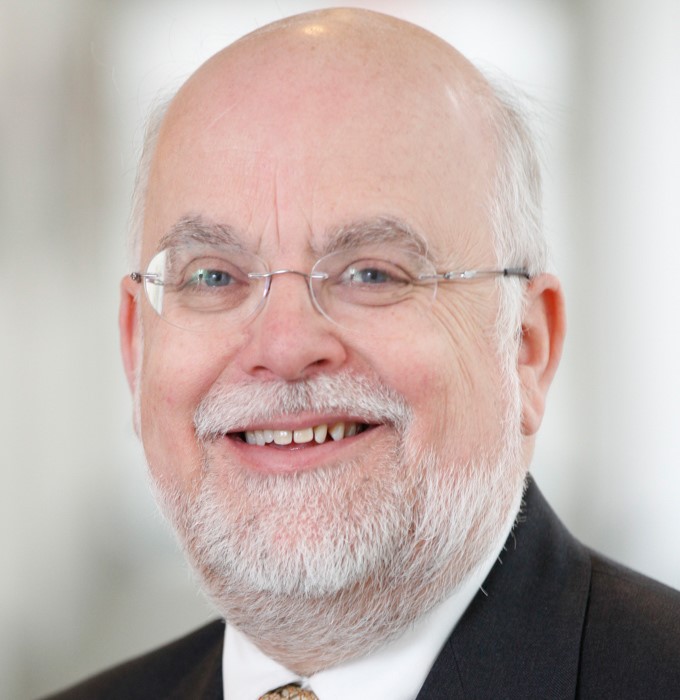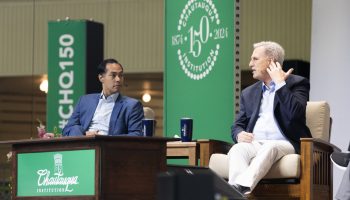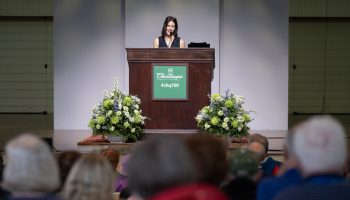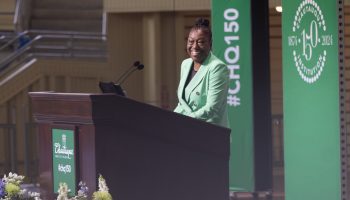
Religious education typically relies on the grammar of traditional schooling; Rabbi Michael Shire thinks it’s time for a paradigm shift — one of meaning-making; embedded, spiritualized ritual practice; and sensing beyond self toward community and commandment.
“What is more is that this combination of inner, personal meaning-making and outer expression of practice and values has to be formed individually but fostered and sustained communally for Jewish education to be deemed successful,” Shire wrote for the Jewish Theological Seminary.
Enter Torah Godly Play, a pedagogy Shire founded, drawing on a methodology established by Christian theologian Jerome Berryman. Shire will discuss how Torah Godly Play utilizes storytelling to shape religious education for Jewish children at 2 p.m. today in the Hall of Philosophy, part of the Week Two Interfaith Lecture Series theme “A Spirit of Play.”
Widely published in the fields of Jewish education and spiritual education, Shire has published four books of creative liturgy with medieval illuminations in association with the British and Bodleian Libraries (he grew up in Birmingham and attended University College, London). While earning his master’s and doctorate in Jewish Education at Hebrew Union College in New York and in Los Angeles, his research focused on a curriculum orientation for spiritual enhancement in Jewish educational settings.
Years of study, research and practice led to Torah Godly Play — an approach that centers stories of faith; not to tell them, but to know them.
When he encountered Berryman’s Godly Play, Shire realized that it’s “not like anything else that we have witnessed in Jewish education, and in some ways it is countercultural to the norms in our community of ‘struggling’ with or deconstructing the text,” Shire wrote.
Rather, it might be considered a more personal encounter.
“Research into children’s spirituality tells us that religious language is a key to either enhancing or suppressing innate spirituality,” Shire wrote for Jewish Theological Seminary. “Our religious language for God and prayer derives from our adult theologies, but we superimpose it upon children before they are ready to comprehend and own it.”
Take the story of Abram’s call, Shire wrote, and consider the wonder a child must experience: How does this story become true for that child?
“Torah Godly Play focuses on the wondering language of the child, and the adults take their cue from that language both in their storytelling and in the children’s subsequent ‘work’ of exploration and expression,” Shire wrote. “As such, Torah Godly Play is not merely an educational method but also a means by which to enact the theology and liturgy of Jewish language. The time spent together in Torah Godly Play is a liturgical experience as much as it is a telling of a story.”




